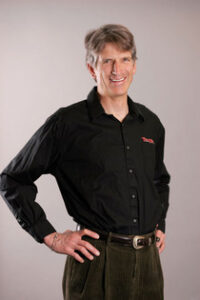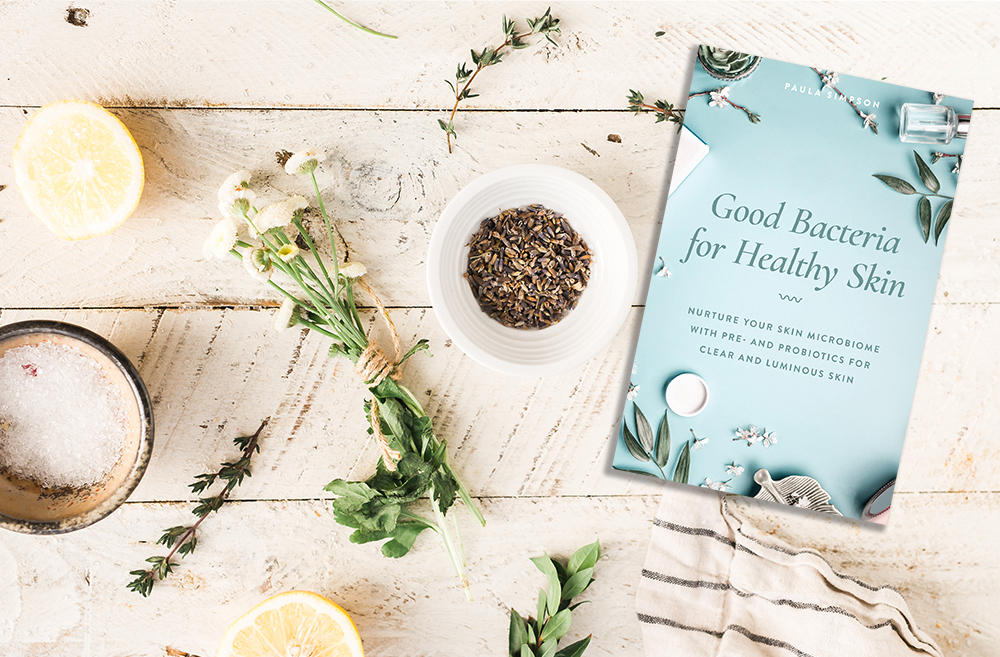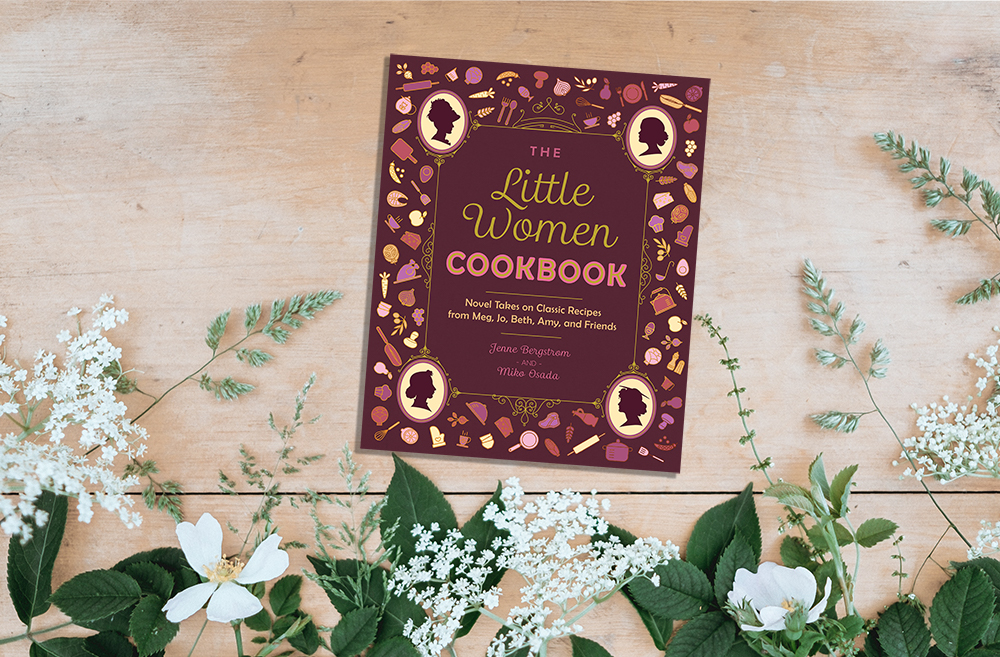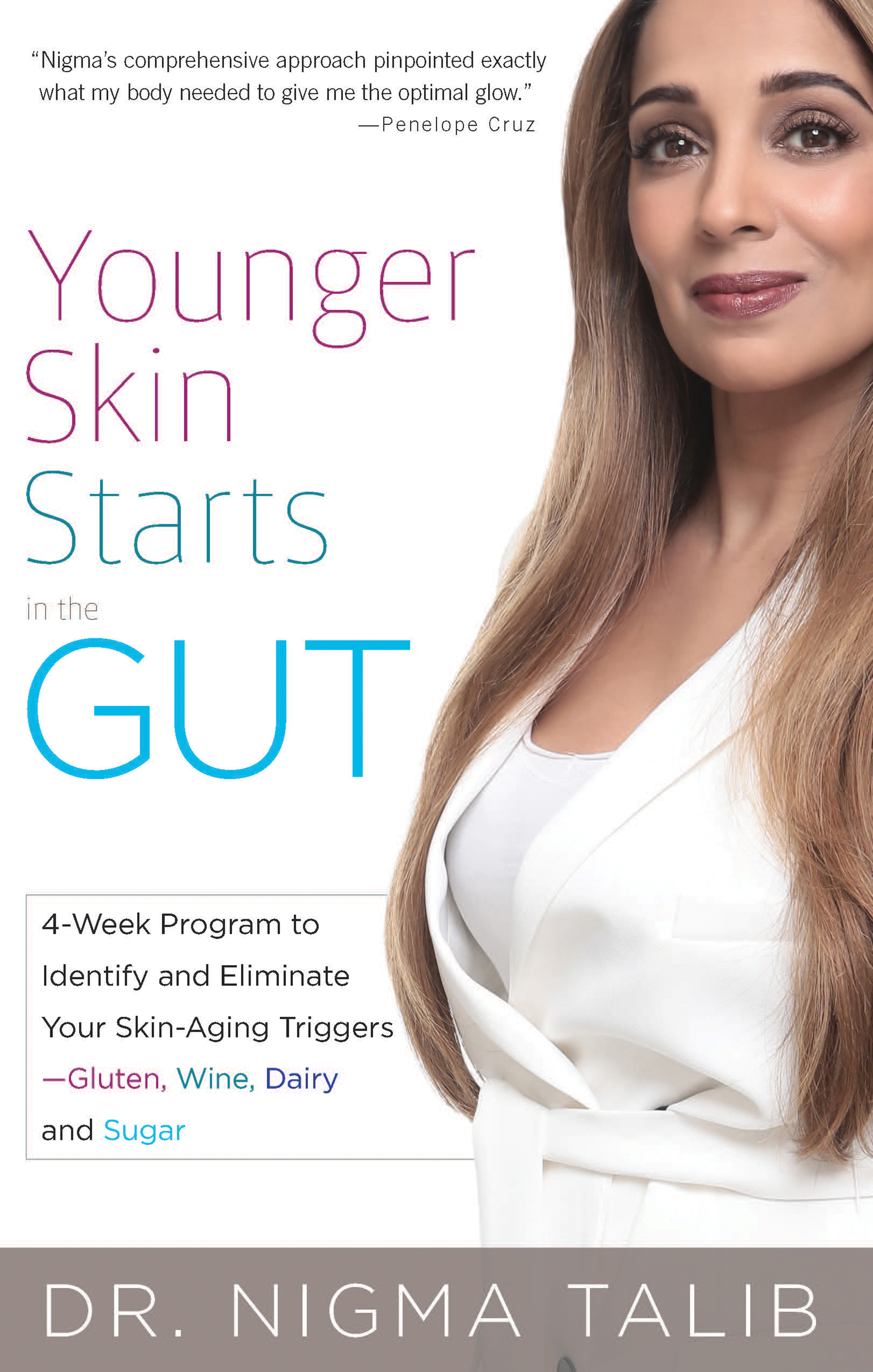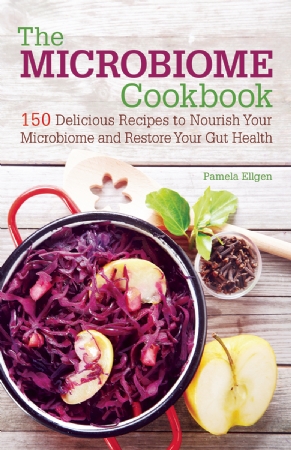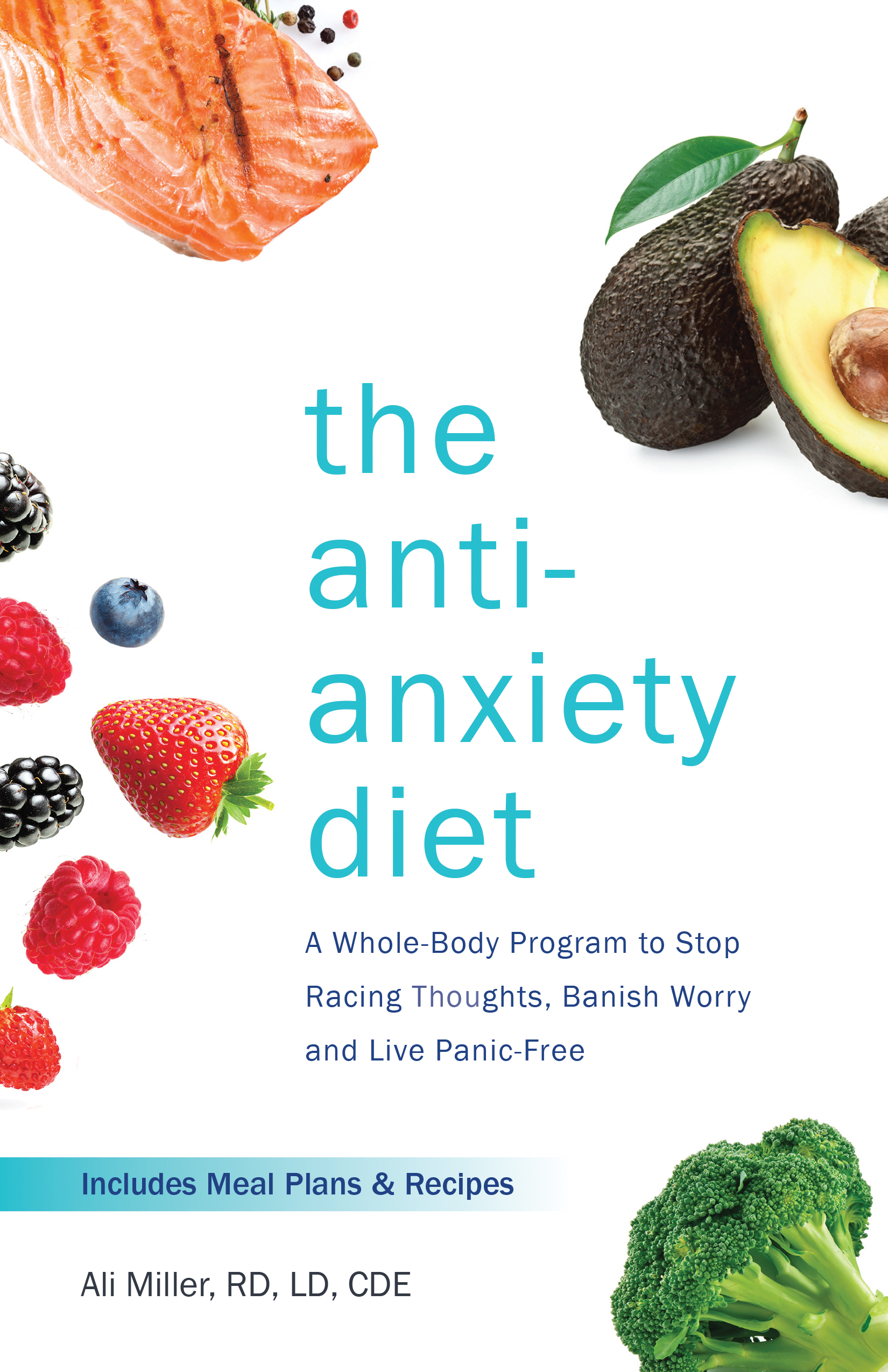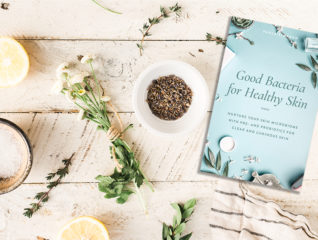
Meet Paula Simpson, Holistic Skin Care Expert
- Health /
- Meet the Author
Did you know that the key to beautiful, glowing skin is actually bacteria? Paula Simpson, holistic health expert, nutritionist, and author of Good Bacteria for Healthy Skin sure did. We chatted with her to learn more about her career, her brand-new book, and, of course, all the skin care routine tips you need.
1. How were you hoping to help the reader when you first started writing this book?
I aspired to uncover and simplify a complicated concept through writing a book that was grounded in the science of microbiome research yet presented in a practical way for the reader to utilize and make best informed choices for their own skincare needs. Although we hear a lot about pre and probiotics for our health, there is still much confusion on the topic, including the influence that diet and lifestyle can have on our skin microbiome, what to look for on a product label, and how certain “good bacteria,” like probiotics, can help to rebalance skin health through the microbiome (a living and dynamic microbial ecosystem).
I also wanted to present a different perspective and perhaps motivate readers to rethink how they typically care for their skin. With the rise of chronic skin conditions in adulthood in recent years, nurturing the skin microbiome and caring for the skin beyond what we apply may be the missing link. Taking an integrated approach that includes balanced nutrition, mindset, and lifestyle can strengthen, protect, and reveal healthy, glowing skin. As a society, we have been trained to think all bacteria are “bad” when in fact some residential skin microbes are integral to protecting our skin from stressors and pollutants, locking in skin moisture and even providing essential skin nutrients.
2. What are some secrets you would give to readers to help them to achieve and maintain healthy, radiant, and clear skin?
It’s all connected. Everything from what you consume through diet/supplementation, to how well you digest and metabolize nutrients, to what you surround and expose your skin to will have an impact on health and appearance of your skin. Focus on a wholesome, nutrient dense diet that includes pre- and probiotic foods, healthy fats, and plant-based antioxidant and fiber-rich foods. Minimize your skin’s exposure to harsh cleansers/ chemicals that break down the skin microbiome and take a gentler approach to your typical skin cleansing routine. Over-cleansing not only strips away impurities but also weakens your skin barrier, microflora, and oils that keep skin healthy and glowing. And finally, don’t stress it! Chronic stress can wreak havoc on your skin.
3. What is one of the biggest mistakes we make when it comes to our skin?
Skincare is complicated. We have more products and steps today than ever before, including exfoliating, cleansing, toning, hydrating, treating, masking, and enhancing. When I walk into a beauty retail outlet, I tend to feel overwhelmed by it all. When our skin is not looking its best, we turn to more products or abrasive routines that may worsen skin health rather than help the condition. With the plethora of products we apply to our skin, via skincare or makeup, imagine the number of chemicals that we’re using on it too. My advice is to think clean, read labels, and simplify everything!
4. What is your personal skin care routine?
I firmly believe in nourishing the skin both from the inside and out. I focus on three categories: diets, supplements, and topical gels and creams. With dieting, I try to keep it balanced, wholesome and clean. I stay hydrated with lemon water and herbal teas throughout the day.
As for supplements, I do take a pre/probiotic supplement, a balanced blend of omega’s fats, antioxidants, and fortifying ingredients to protect and strengthen my skin, hair, and nails. I would recommend starting with good nutrition first and complementing with supplements after. Needs do change as we age and modify our lifestyles. I alter my clients and my plans as needs and goals change overtime.
Topically, I opt for cleansers that contain lactic acid bacteria, serums with vitamin C and E and botanical antioxidants, and organic plant based or pre/probiotic moisturizers and night creams.
I do exfoliate, occasionally, and use mud or probiotic based masks to nourish and rebalance my skin.
5. How did you get started in the science and beauty fields, and then balance your passion for science and beauty?
I’ve always been interested in nutrition, natural health and skincare. I studied biochemistry/nutrition at the university I attended with aspirations to be a sports nutritionist. At that time, I was a competitive fitness professional and trainer. After I graduated, I was the nutrition director for a weight loss clinic and medical spa, which helped me combine my expertise in both natural health and medical aesthetics. My experience in natural health product regulations facilitated my expertise in product and brand development. I’m grateful for the opportunities where I collaborated with some of the top global beauty executives, medical doctors, dermatologists, functional medicine and aesthetic professionals because they have brought me to where I am today.
I tend to take a diplomatic approach in my personal and professional life. It’s through my combined education, experience and networking over the years that have allowed me to continue to work in fields that I’m truly passionate about. I love reading too, including topics from the latest in clinical research, western medicine, traditional and eastern medicine, business and marketing, and the latest in health, beauty and consumer trends. I never make full conclusions until I can see all sides of the table.
For more from Paula, check out her author page here, or her website, www.paulasimpson.com
Good Bacteria for Healthy Skin
Nourish Your Skin’s Ecosystem for A Healthy Glow You probably know all about your gut microbiome. But what about the microbiome on your body’s biggest organ? Studies show that a diverse and thriving ecosystem of bacteria and other microbes on your skin affects a wide array of health issues. Your body’s flora is the first line of
Learn more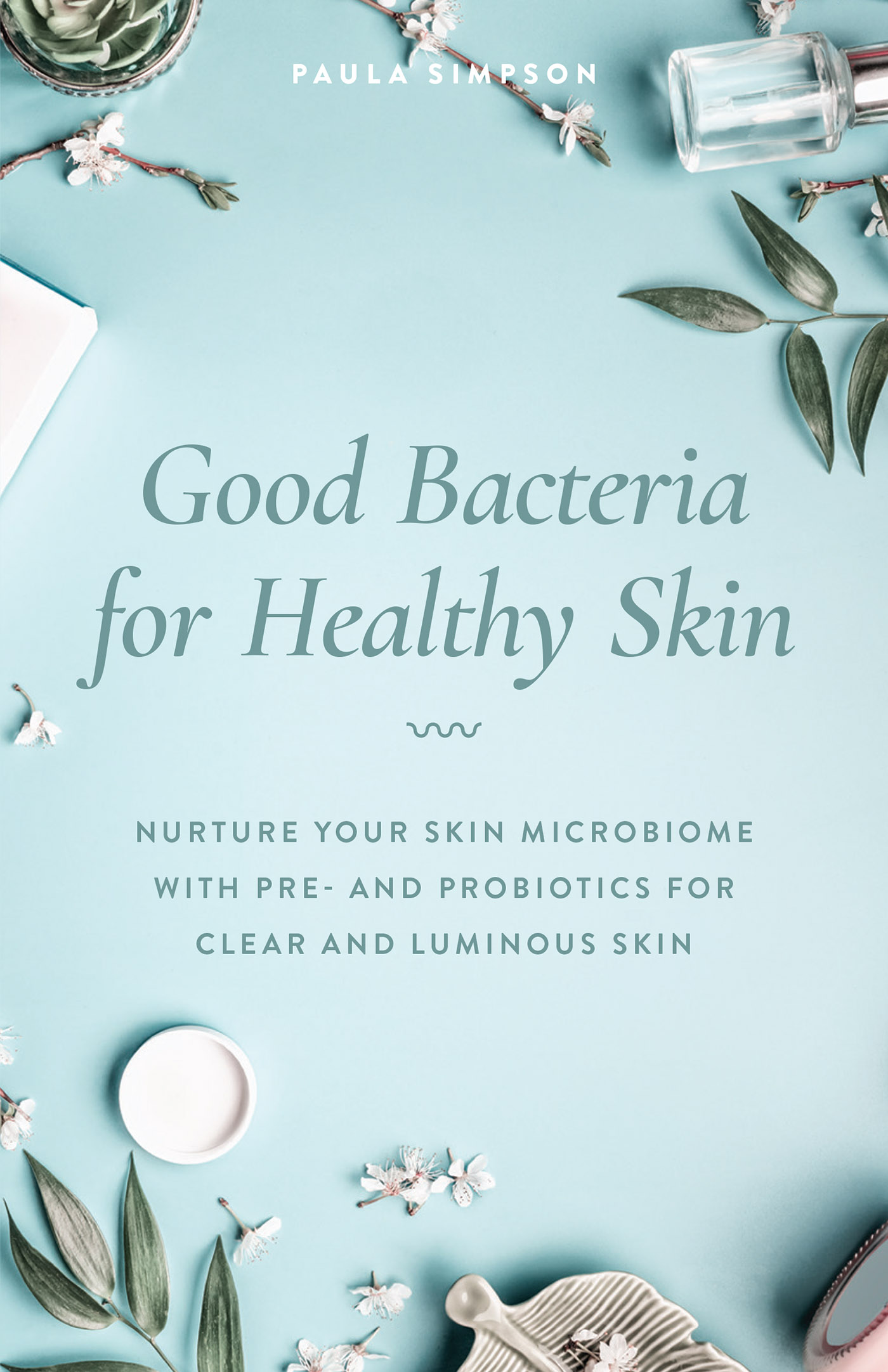
Get the Ulysses Press Newsletter

